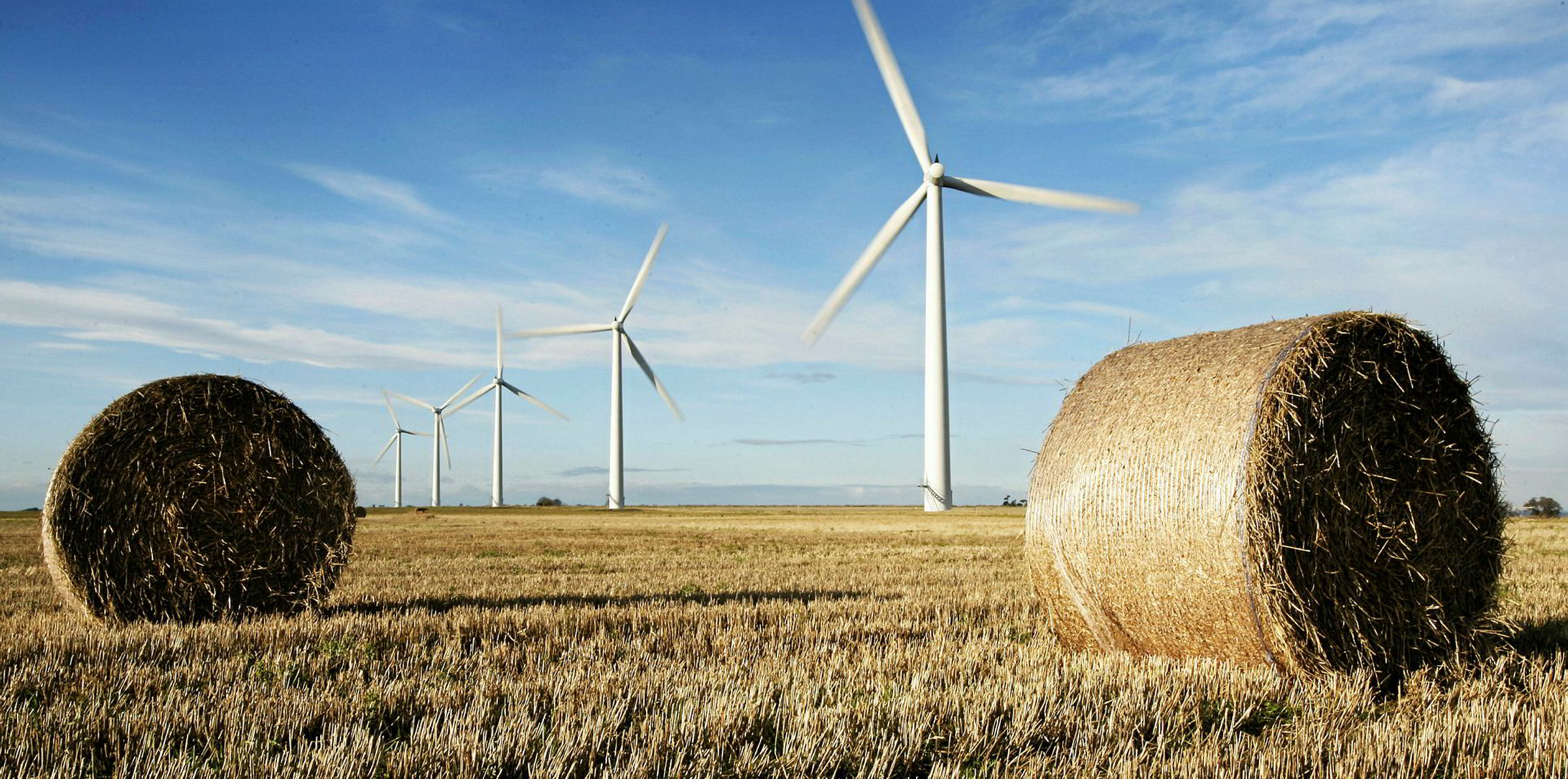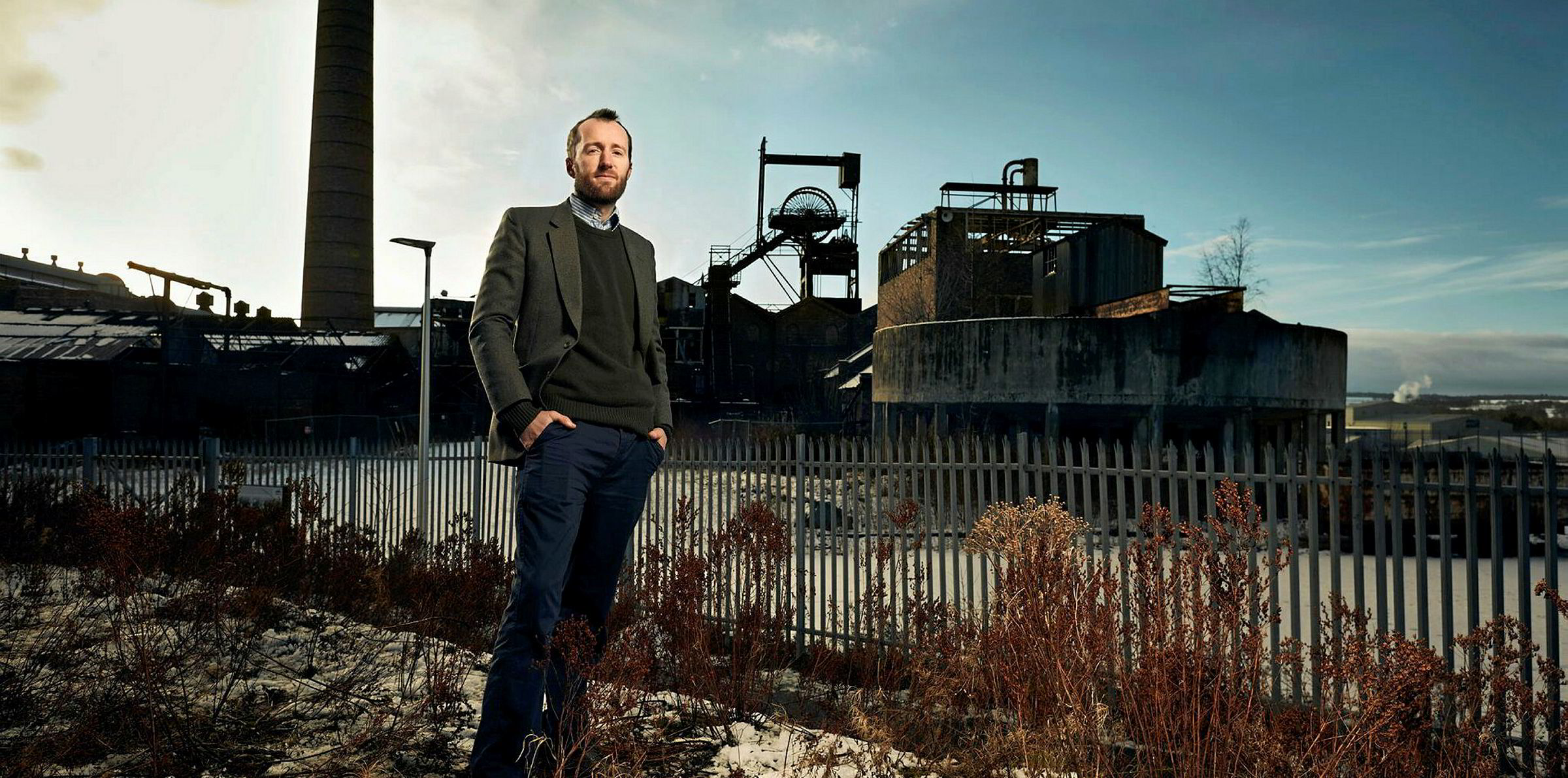The UK government has been urged to make changes to the technology supporting its energy market to be able to allow excess electricity, in the form of hydrogen, to be stored in the gas grid.
The new report by the Institution of Mechanical Engineers, ‘Energy from Gas: Taking a Whole System Approach’, called for investments to promote the use of hydrogen as a way of storing energy, as well as support to change pipes and materials.
According to the report, one of the barriers to increasing renewable capacity in the UK is the inability to store excess electricity ― if, for example, it is very windy but demand levels are low.
However, engineers said that new technology would allow the gas grid to be used to store excess electricity, in the form of hydrogen, and support an expansion of renewable power in the UK.
The report called on the government to commit to creating an industrial forum that brings together the nuclear, renewable power and gas sectors to promote the generation and storage of hydrogen for use across the UK energy system in heat, transport, power generation and heavy industry.
“Investment now in the future hydrogen economy will begin to encourage further innovation, open up markets and help clarify legislation and regulation,” according to the report.
In addition, the engineers urged collaboration to promote the use of up to 20% hydrogen in the gas distribution network including change in pipes and materials by 2023, and also called for a comprehensive comparative study into the benefits of power-to-gas system.
“Government and industry need to step up efforts to provide funding programmes and demonstration sites to encourage the greater use of hydrogen as energy storage,” said Jenifer Baxter, head of engineering at the Institution of Mechanical Engineers and lead author of the report.
“The UK has a strong track record of being at the cutting edge of new energy developments, and this could present the country with a chance to be a world leader in power-to-gas and hydrogen technology.
“We need to move away from our wasteful culture to a more sustainable and circular economy. Power-to-gas and hydrogen technology could and should play a major role in building this future,” said Baxter.


